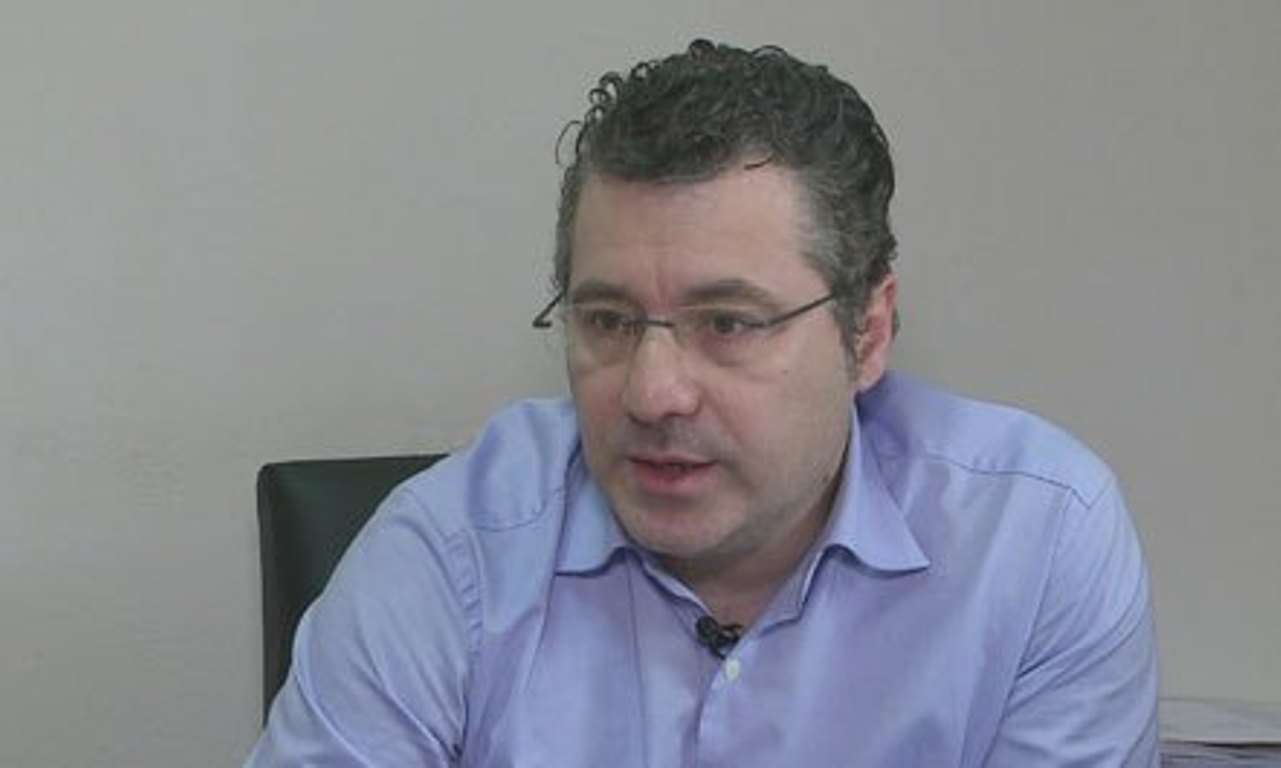
By SKËNDER MINXHOZI
These days, defending Saimir Tahiri is not an easy thing. The former minister of Interior has caused a very big debate during this period after the elections. A very naïve and immature behavior in relation to the Habilajs, filled with banalities such as the use of the personal car or the unforgivable carelessness on being informed on what their activity was for four years in a row, have brought Saimir Tahiri’s career to a very dangerous point. From a super powerful minister and the head of the largest local branch of the party in power, candidate and rival of Erion Veliaj for the post of tomorrow’s Prime Minister, today, Tahiri is looking to defend his own personal freedom. Meanwhile, his political career looks highly compromised. The powerful man of Renaissance currently sees himself in the “grey list” of MPs who have been expelled from the socialist group, but this is only half of the drama.
What we’re seeing looks like something coming from “above”. The majority started this new parliamentary mandate in a state of composure, while the opposition seemed destined to spend a very long time in search of a political agenda, of a list of new ideas and of a credibility which had long been lost. But all of a sudden, neighboring Italy sends a big file of incriminating materials, which was eagerly welcomed by Albanian politics. Parliament is expected to regain “interest” and TV studios became once again very noisy. Somewhere on the corner of this national debate, the heads of the justice system are getting ready to undergo the vetting process. In fact, this is not at all a peripheral detail.
We’re in front of a delicate legal case with a judicial apparatus which continues to be like the old one: prejudiced, corrupt and deeply politicized. These are unhappy circumstances for a file such as the Habilaj’s file.
Even the prosecutors who did everything to obtain an authorization for Tahiri’s arrest and who will conduct the upcoming inquiries, will be the same. The same prosecutors and judges who a few years ago, pretended they didn’t see how in the suburbs of Tirana, 26 people died from the blast of an arms factory. They are the same judges and prosecutors who stepped on the dead bodies in the boulevard on 21 January, without sending the responsible people behind bars. They are the same ones who closed the case concerning the Nation’s Road through medical reports that defendants with power and immunity submitted to the court. They are the same ones who were there when the justice system gradually started to be deformed after the fall of communism, from the beast which imprisoned people in Spaç and sentenced many others to death, to the salamander of today, without color, without shape and without morals; a creature which only knows the bribes that it receives and the power it has chosen. They are the ones who are trying to put the former minister of Interior to prison. This is the biggest paradox of Tahiri’s case: a very delicate and important case which was sent to be tried by the old judicial system and not as part of the corruption cases of the new justice system. Of a justice system which knocks on your door with the vetting certificate in the pocket and communicates you a verdict by looking to you in the eyes, denying you every possible motive or pretext to justify yourself. Of course, the investigation cannot be blocked until the new judges and prosecutors receive the vetting’s green light. However, it needs to be said that such a delicate process in the hands of judges and prosecutors who have already gone through the filters of the new rules, would certainly calm the situation down and would put a stop to all allusions being made about the justice system which is controlled by politics.
After the latest constitutional amendments, the prosecution has changed several of its practices and powers. In the recent hours we’ve heard that prosecutors are lords of the cases that they investigate and as a result, they are independent in their work. General Attorney Llalla has also recently used this pretext. This would be a good thing, but it is not the case. The urgent request for Tahiri’s request, without questioning him not a single time about the file that was sent by Italian authorities, the fact that no other police official was arrested, despite the fact that the list is said to be long, the fact that MPs have issued very poor arguments–all of this proves that this is not a mature prosecution office, but an institution which is used. Because, at the end of the day, these are the same judges and prosecutors that we’ve seen in the past two decades and who have left us in a corruption cathedral turned into a system.
These circumstances leave Tahiri’s case in the path of an extreme politicization, because the justice system has not yet earned the morale to raise its voice. And in these cases, it’s the politicians who speak and not the lawyers. This is something that we’ve seen many times before.
Note: The views expressed in this article are the author's own and do not necessarily reflect Albanian Free Press’ editorial policy




 ALB
ALB
 ENG
ENG
